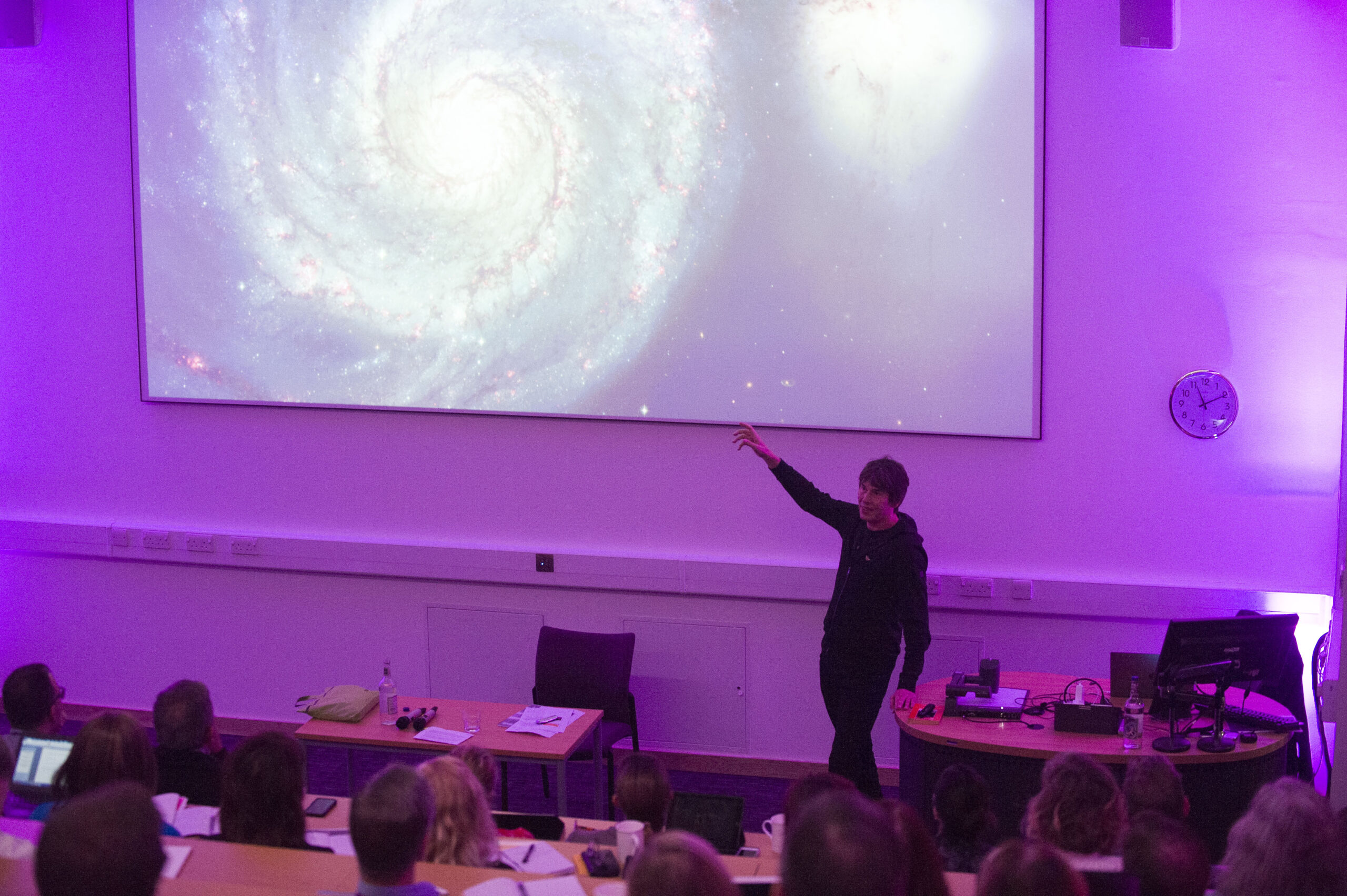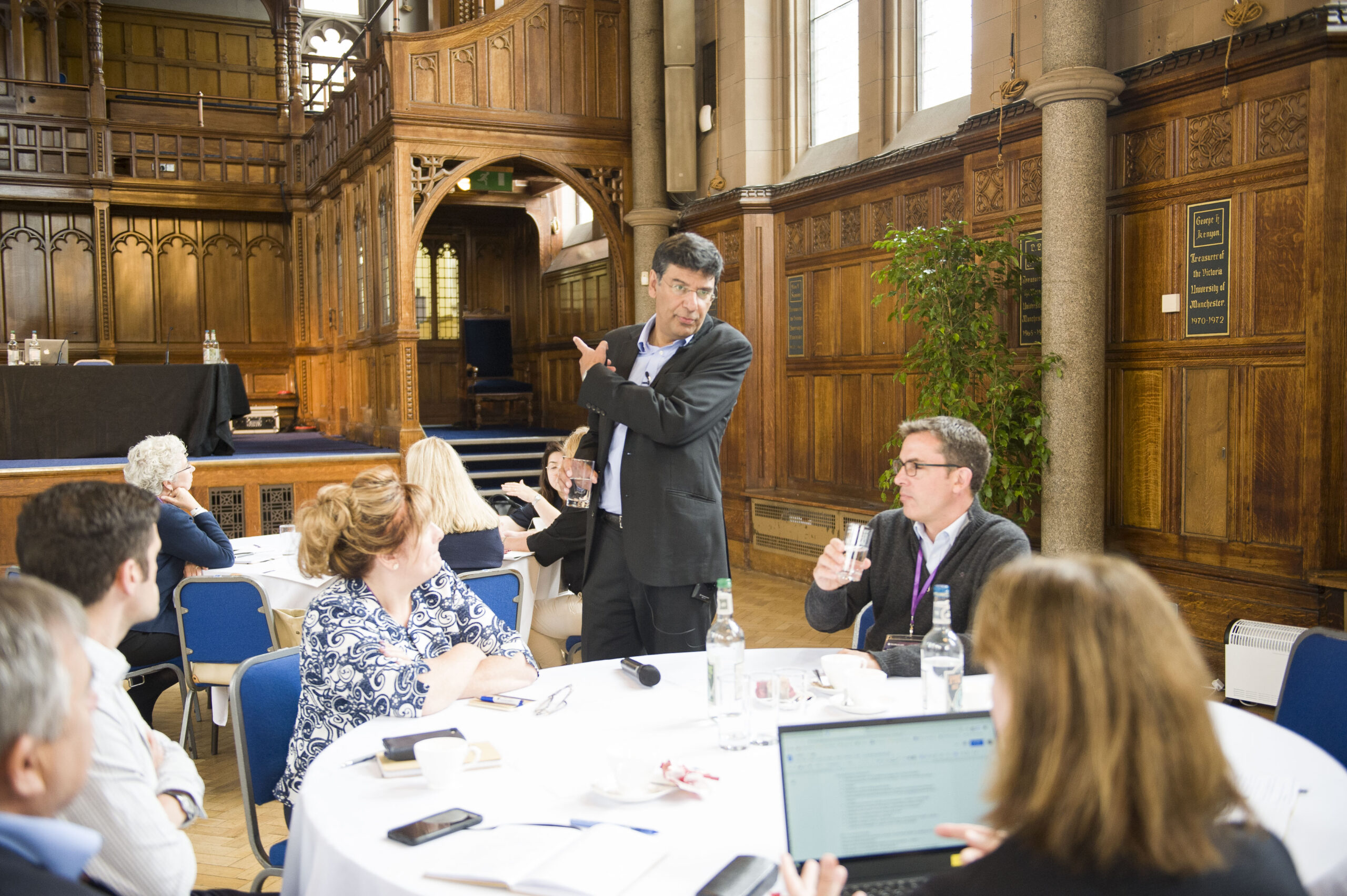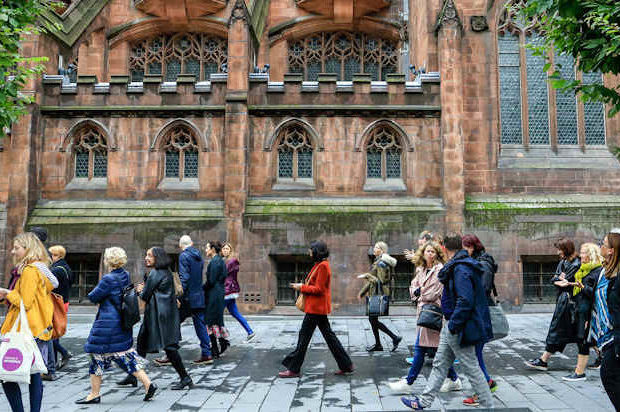Universities around the world are finding innovative ways of engaging with local communities, with a wide range of examples shared at the recent World 100 Reputation Network conference hosted by the University of Manchester.
However, the conference – under the theme A Reputation for Relevance – also heard that universities must be fully committed to these efforts within the context of increasing challenges to their role from wider society.
Nearly 100 leaders in reputation management at leading global universities in 12 countries gathered in Manchester for 3 days of intensive discussion, debate and networking in what has become the essential global forum for leaders in reputation management.
The presentations from the Conference are available to W100 members; participants have already received details of how to access them. For those unable to attend please contact info@www.theworld100.com.
The conference opened with an impassioned call for universities to play their role as key parts of local communities from the Mayor of Great Manchester, Andy Burnham. It is no longer enough for universities to rely on past inventions, he said. Universities are going to have to get better at embedding their research in the community.
The theme of relevance was picked up by Nicky Old and Nicole Martin, representing Universities UK, who shared the background to the MadeAtUni campaign which focuses on the impact universities are having in the UK. The sector has been on the wrong side of the narrative about relevance, and a concerted campaign-led initiative is setting out to change that, through active engagement of universities in championing their role.

The most eagerly anticipated session was the appearance of Professor Brian Cox, the physicist and cosmologist from the University of Manchester, who reaches vast audiences through his TV appearances, books and tours (as well as having 2.9million Twitter followers).
After a brief introduction to some key concepts in science – which had the audience of largely humanities and social science graduates stretching their brains – Professor Cox made an impassioned case for the vital role of public engagement for universities and for science more broadly. He also highlighted the importance of universities providing the right support for academics who engage with the media and public.
Another key plenary speaker was Dame Nancy Rothwell, President & Vice-Chancellor of the University of Manchester, who highlighted how a strategic commitment to social responsibility plays out in reality in how the institution works with local communities.
Participants had the opportunity to hear in-depth about some of the key work going on at Manchester in showcase sessions on graphene, transparency in animal research, and social wellbeing in the community.
A key element of the W100 Annual Conference is the workshop stream, where participants have the opportunity to debate and share their experiences with colleagues from around the world.


The workshops in Manchester covered a huge range of areas, from facing the challenges of freedom of speech, to engaging with older people; and from how to organise communications & marketing departments to support engagement, to exploring the role of community sport. Workshop leaders and participants also shared good practice in community engagement around the world, including Canada, Australia, Singapore, Japan and Spain.
To continue the debates started in workshop sessions, and to provide access for those unable to attend all the sessions, the W100 Network will be launching a series of webinars in the forthcoming weeks.
The 2019 conference, the 9th to be held by the Network over the past decade, concluded with a challenge from Professor Jonathan Grant, Vice Principal for Service at King’s College London. Universities were too resistant to change, the embodiments of ‘old power’, he said.
“We need to redefine the purpose of a university. Being able to answer this question is essential in addressing a largely deserved poor reputation,” said Professor Grant, summarising the test for universities, and for reputation managers, in the challenging period to come.
The next World 100 Reputation Network conference will be hosted by the University of Melbourne in 2020, dates to be announced shortly. Let the discussion and debate on university reputation continue!

